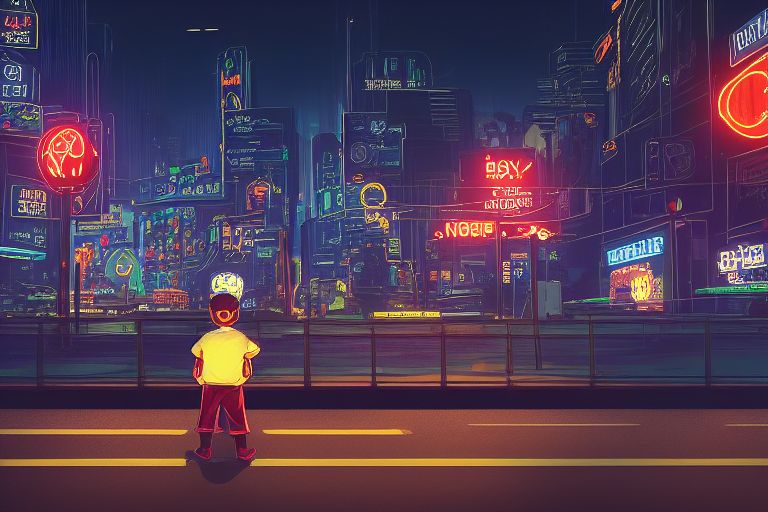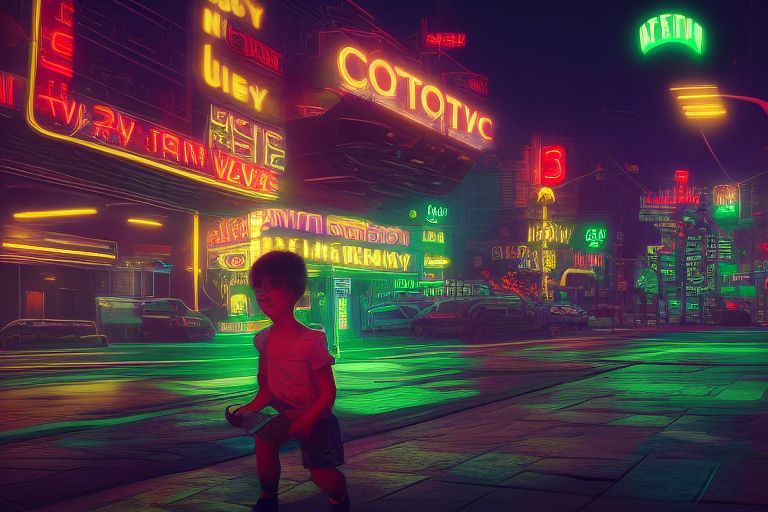GameFi Guide: What It Is, How It Works

In Brief
In the new GameFi ecosystem, gamers can earn real money in real-time
NFT rental platforms help guilds and scholars monetize their NFTs
As a gamer, you’re always on the lookout for new and better ways to improve your gaming experience. And if you’re looking for a new and improved way to the game, you should definitely check out the GameFi ecosystem.
The GameFi ecosystem is a set of interconnected products and services that work together to give you the best possible gaming experience. From hardware to software, and everything in between, the GameFi ecosystem has it all.

What is GameFi?
The gaming business is exploring the power of Web3, combining gaming with finance under the new name GameFi. Through gameplay, gamers and creators can acquire value in cryptocurrencies and nonfungible tokens (NFTs) for themselves through GameFi. These games are generally hosted within metaverses, which are virtual environments.
On a decentralized GameFi platform, gamers and creators can interact with each other. Creators have the freedom to develop interesting games and engagement techniques, while gamers partake in these activities. The value generated by “in-game tokens” and NFTs is then distributed amount all of the stakeholders through well-thought-out economic models that we call tokenomics.
A metaverse is a shared, virtual space that can be used for a variety of purposes. A few popular examples of metaverses are Second Life and Sims Online. In a metaverse, users can create their own avatars or digital representations of themselves. They can also interact with other users, explore different virtual worlds, and participate in a variety of activities.
As the platform’s usage and supply of gaming tokens increase, it develops network effects. This starts a self-reinforcing cycle that may be characterized as a working GameFi ecosystem. A strong community of engaged users creates an attractive environment for new users, which in turn strengthens the platform and the overall ecosystem.
The ultimate goal of GameFi is to create an ecosystem of products and services that work together to give gamers the best possible gaming experience. By providing a one-stop shop for all your gaming needs, the GameFi ecosystem makes it easy for you to get the most out of your gaming experience.
GameFi Stakeholders

If you’re into GameFi, then it would behoove you to get a grasp of the lay of the land. Many times, different companies will offer similar services but identify themselves with one main function. A key component of the GameFi ecosystem is our stakeholders. A stakeholder is any party that has an interest in the success or failure of a project.
Metaverse
The Metaverse is the underlying technology that makes GameFi possible. A metaverse is a shared, virtual space that can be used for a variety of purposes. A few popular examples of metaverses are Second Life and Sims Online. In a metaverse, users can create their own avatars or digital representations of themselves. They can also interact with other users, explore different virtual worlds, and participate in a variety of activities.
The Metaverse is the perfect place for GameFi because it provides a shared space for gamers and creators to interact with each other. The Metaverse also allows for the creation of virtual worlds, which gives creators the freedom to develop interesting games and engagement techniques.
Game launchpads
The Launchpads help young GameFi platforms to survive and prosper in the ecosystem by teaching them how to find good investors and scale from there. This is similar to what incubator and accelerator models do for Web2 startups in the real world. A few popular launchpads are Binance Labs, ConsenSys, and GameFi Ventures.
Game studios
In order to get GameFi off the ground, what do we need? We need game studios that are willing to develop their games on the GameFi platform. A studio could be a single person or a large team of people. A studio might have one game or many games.
A studio might make original games or license existing games. A studio might be just getting started or it might have been around for years. But regardless of its size or experience, a studio needs to be willing to develop its games on the GameFi platform.
NFT renting platforms
Guilds accumulate NFTs and rent them out to scholars. A scholar can be any player who wants to use an NFT but doesn’t have the resources to acquire one on their own. A scholar might be a casual player who only rents NFTs occasionally or a hardcore player who rents NFTs all the time.
Renting platforms provide a way for guilds to monetize their NFTs. They also provide a way for scholars to access NFTs that they wouldn’t be able to acquire on their own.
NFT rental platforms are a key part of the GameFi ecosystem. They provide a way for guilds to monetize their NFTs and they provide a way for scholars to access NFTs.
To sum it up, the GameFi ecosystem includes game studios, metaverses, gaming communities, and NFT rental platforms. These different parts of the ecosystem work together to create a thriving market for games and NFTs.
Gaming Marketplace
Gamers have needed aggregation and curation services to choose and enjoy the finest gaming experiences as a result of the many GameFi platforms that have emerged over the previous year. Gaming marketplaces scour the landscape for outstanding games and test them before featuring them on their site. A good gaming marketplace will also take the pulse of the gaming community to determine what types of games are most popular at any given time.
The best gaming marketplaces also provide a way for gamers to connect with each other. A marketplace might have forums where gamers can discuss games, ask questions, and give advice. A marketplace might also have features like private messaging, game matchmaking, and social media integration.
Conclusion
The GameFi ecosystem is a thriving market for games and NFTs. It includes game studios, metaverses, gaming communities, and NFT rental platforms. These different parts of the ecosystem work together to create a thriving market for games and NFTs. A gaming marketplace is a great way to find and enjoy the best games the ecosystem has to offer.
Related articles:
Disclaimer
In line with the Trust Project guidelines, please note that the information provided on this page is not intended to be and should not be interpreted as legal, tax, investment, financial, or any other form of advice. It is important to only invest what you can afford to lose and to seek independent financial advice if you have any doubts. For further information, we suggest referring to the terms and conditions as well as the help and support pages provided by the issuer or advertiser. MetaversePost is committed to accurate, unbiased reporting, but market conditions are subject to change without notice.
About The Author
Damir is the team leader, product manager, and editor at Metaverse Post, covering topics such as AI/ML, AGI, LLMs, Metaverse, and Web3-related fields. His articles attract a massive audience of over a million users every month. He appears to be an expert with 10 years of experience in SEO and digital marketing. Damir has been mentioned in Mashable, Wired, Cointelegraph, The New Yorker, Inside.com, Entrepreneur, BeInCrypto, and other publications. He travels between the UAE, Turkey, Russia, and the CIS as a digital nomad. Damir earned a bachelor's degree in physics, which he believes has given him the critical thinking skills needed to be successful in the ever-changing landscape of the internet.
More articles

Damir is the team leader, product manager, and editor at Metaverse Post, covering topics such as AI/ML, AGI, LLMs, Metaverse, and Web3-related fields. His articles attract a massive audience of over a million users every month. He appears to be an expert with 10 years of experience in SEO and digital marketing. Damir has been mentioned in Mashable, Wired, Cointelegraph, The New Yorker, Inside.com, Entrepreneur, BeInCrypto, and other publications. He travels between the UAE, Turkey, Russia, and the CIS as a digital nomad. Damir earned a bachelor's degree in physics, which he believes has given him the critical thinking skills needed to be successful in the ever-changing landscape of the internet.



















































